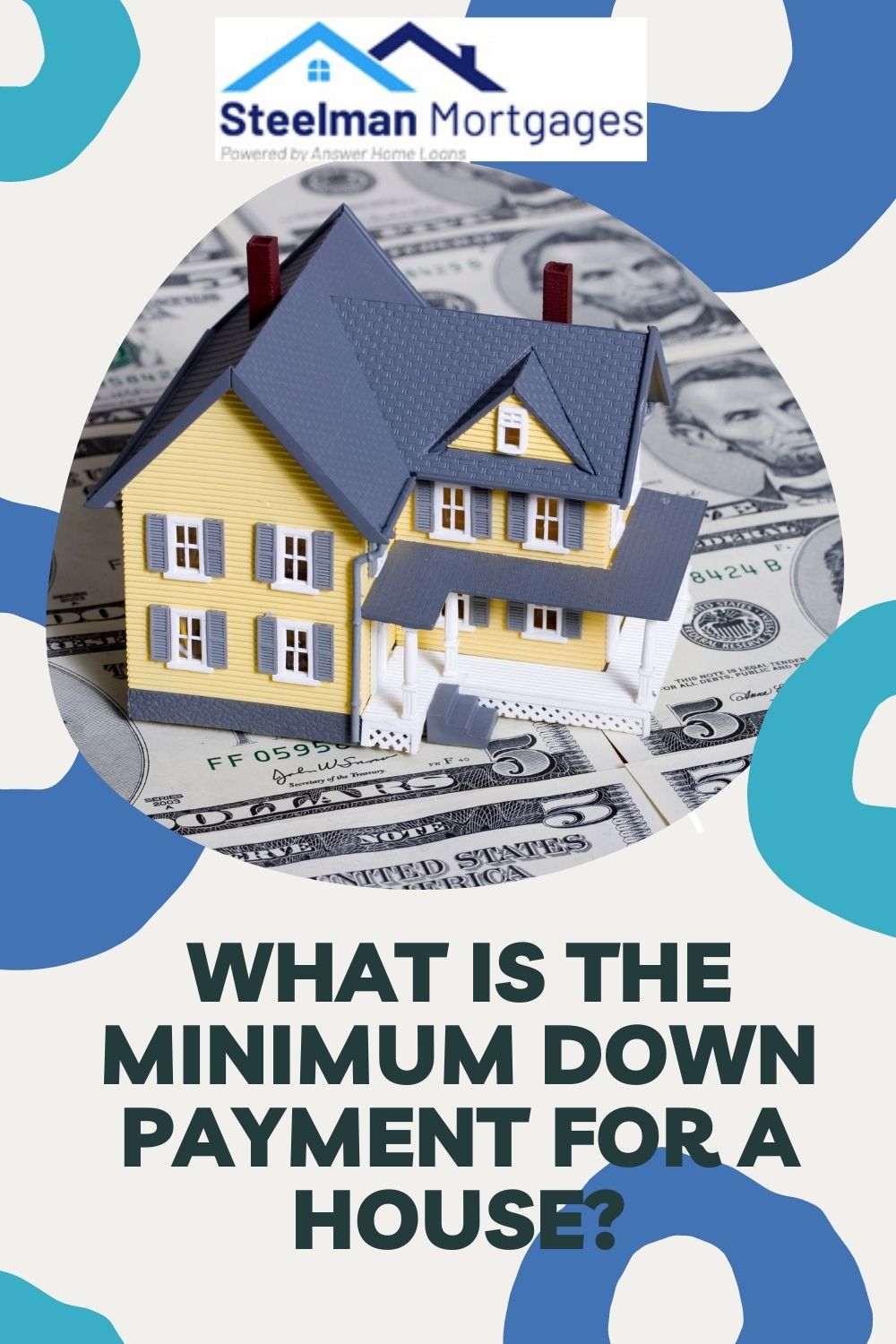How Much Can I Save By Having Good Credit?
If you’re beginning to shop around for a mortgage, you’re likely very aware of your credit score. You may be wondering just who important those three little digits are. If you are planning ahead, perhaps a couple of years before you will be ready to buy a home, considering how to raise your credit score will seriously pay off in the end. The terms offered to you by a mortgage lender will be based on a few factors, and your credit score is a big one. Boosting your credit score even just 50 points can make a huge impact on your monthly payment and the interest you pay over the life of your loan.
Credit Score Ranges
First of all, it’s important to understand the way mortgage lenders categorize credit scores. There are basically five credit score categories: 300-579 is poor, 580-669 is fair, 670-739 is good, 740-799 is very good, and 800-850 is excellent. Lenders make decisions about approval and the terms of your loan based on which category your credit score falls into, not the exact number. With this in mind, check your credit score and see how close you are to bump it up to the next category.
For example, if you have a 720 credit score, it may be worth the little time and effort to bump your score up to the “very good” level for the sake of a lower interest rate. In general, a credit score over 700 is likely to secure you a good interest rate, but anything in the “very good” category is going to mean the very best rates the lender has to offer.
Savings
There are some mortgage costs that are fixed, like lender fees and appraisals. There are other costs that are dependent on a variety of factors, with credit score being one of the biggest things a lender takes into consideration. The interest rate you get on your loan will be the biggest determination of what you can afford, even more than a down payment. Consider this: let’s say you’re going to buy a $300,000 house.
If you put 20% down and get a 3.5% interest rate, your monthly payment would be $1078 (not taking into account insurance, HOA fees, and property taxes). However, if you bought the same house with 20% down and have a 3% interest rate, your monthly payment would be $1012, meaning $68 every month still in your pocket. Over the life of a 30 year fixed mortgage, that means $24,480 you didn’t spend in interest.
It may seem like a lot to manage, but bringing your credit score up will pay off greatly over the life of your mortgage. Take the time to increase your score before securing pre-approval and you’ll be ready to shop for you home with excellent mortgage terms waiting for you when you find the one.
For more information on mortgages and home loans in Roseville CA or refinancing services for the entire Placer County California area or tips on buying a home, contact my office below or call me any time at (916) 847-7263
More Information for Homeowners
How To Know How Much Equity I Have In My Home
How Best to Take Advantage of Your Home Equity Gains


